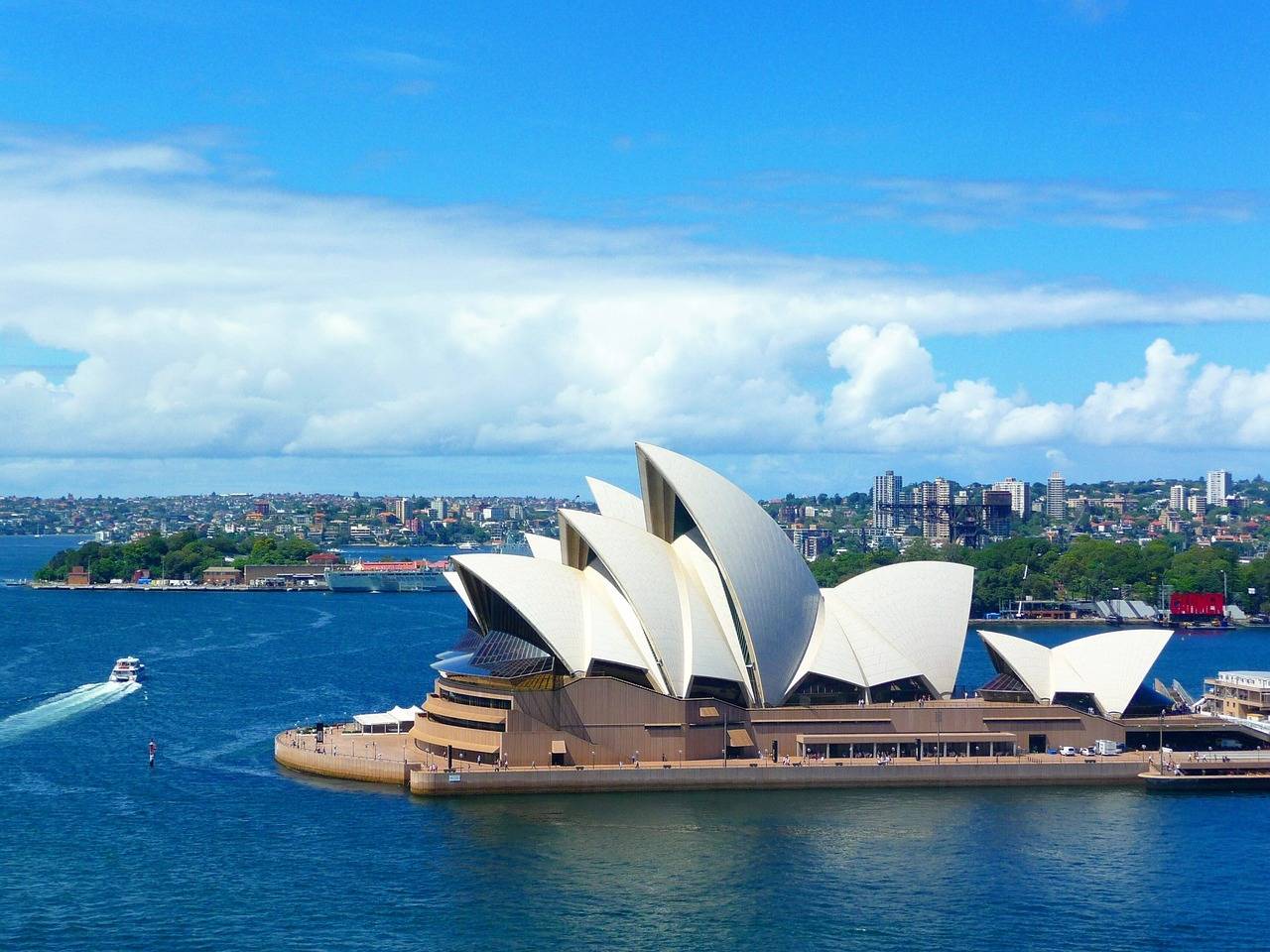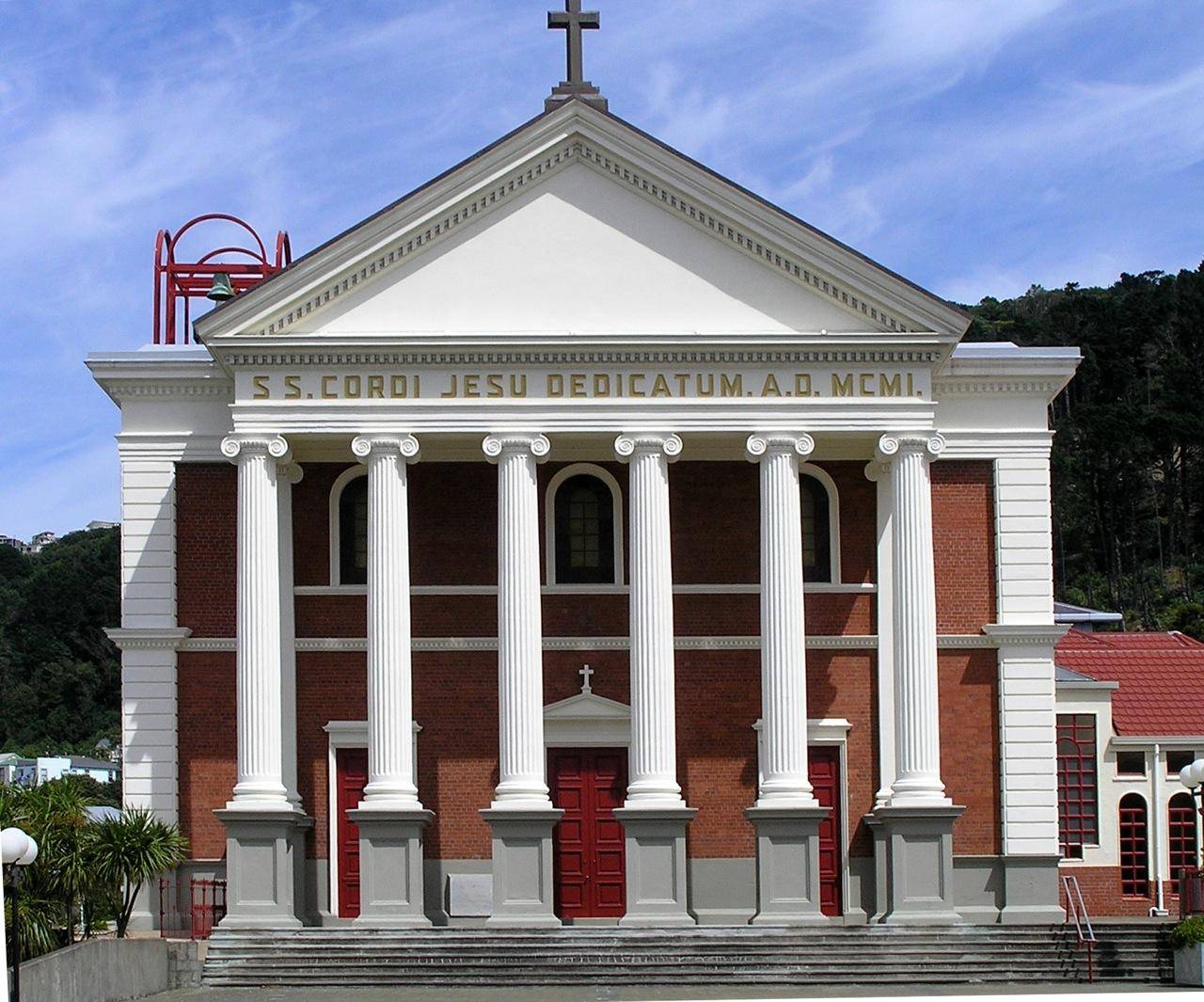ROME – At the virtual launch of his new book, Cardinal George Pell opened up about what his time in prison before acquitted of charges of sexual abuse was like, and he also offered an evaluation of U.S. President Donald Trump’s time in office as well as the need for a set of clear rules when a pope retires.
Speaking to journalists during a Dec. 16 virtual press conference of his book, Prison Journal, detailing the first five months in jail, Pell said he decided to write the book in part as a “historical record of a strange time,” but more importantly, because “I felt my reflections might be able to help people.”
In 2017, Pell, who was serving as head of the Vatican’s Secretariat for the Economy and a top papal advisor, became the most senior Catholic official to be charged with sexual abuse when he was accused of molesting two choirboys in the sacristy of the Melbourne cathedral in the 1990s, shortly after Pell had been named archbishop.
A first trial ended in a hung jury; however, a second jury unanimously convicted him in December 2018. This conviction was upheld on appeal, but eventually overturned by Australia’s High Court, allowing Pell to walk free in April after spending 404 days behind bars.
In his journal, Pell reflects on the events and encounters of each day, including the day-by-day developments of his legal case, as well as his spiritual readings and prayers, applying them to his situation, which he viewed as an “extended retreat” and a time to devote to prayer and reading.
Speaking of his experience in prison, Pell said that “God writes straight in crooked lines.”
“I still regret that it happened, I wouldn’t have chosen it,” he said, “but there I was, and please God, I did my duty, while I was in jail, I did my Christian duty and some good, some fruit, might come out through this.”
Asked whether he believed the case against him was contrived or simply just sloppy police work, Pell said he believes “very possibly there’s a bit of both in the matter.”
Pell said he has heard rumors that the prosecutors in the case did not consent to bringing the charges against him forward, but the police did anyway.
“There’s even gossip floating around that the prosecutors suggested the police pay for the motion themselves, and not the prosecutor’s office,” he said, adding that while he does not know whether this is true, “things were sloppy at best.”
In the past, Pell has suggested that his legal woes were possibly linked to this effort to clean up the Vatican’s finances while serving as its economic czar. During his time in that post, he often clashed with the Vatican’s so-called old guard, his most fierce opponent being the then-number three official in the Vatican’s Secretariat of State, Cardinal Angelo Becciu.
Becciu has since been ousted from his post as head of the Vatican’s department for saints over charges of embezzlement. There is currently no known investigation into the allegations, however, Italian newspaper Corriere della Sera in recent months issued speculative reports saying a sum of roughly $823,000 in Vatican money had been wired to an account in Australia, questioning whether the funds were tied to Pell’s abuse trial.
In his comments to journalists, Pell said he does not have proof that there is a connection.
“What I think we can say,” he said, “is that one of the monsignors who has been in the Roman papers has said he’s seen evidence of money going to Rome, and I myself am quite confident that money did go from Rome to Australia about that time, but I’ve got no proof about where it ended up.”
There’s smoke, he said, “but we don’t have proof of fire.”
Pell returned to Rome in September to pack up his old apartment, which he maintained throughout his legal proceedings, but which had been left untouched since his departure in 2017.
In the roughly two months that he’s been here, Pell said he has met with several people, including retired pope Benedict XVI and his successor as prefect of the Vatican Secretariat for the Economy, Spanish Jesuit Juan Antonio Guerrero Alves, whom he said seemed “capable and honest.”
“I hope he will receive all the support necessary,” he said, speaking of Guerrero Alves. Pell stressed that he has not met with Becciu, saying, “there wouldn’t be a lot to discuss between us.”
Pell stressed that as he is nearly 80, he has no intention of taking on further Vatican responsibilities, and nor does he plan to seek compensation for wrongful imprisonment, but intends to return to Australia to enjoy his retirement.
In his journal Pell also comments about the role of the pope emeritus, saying it should be “clarified.” Among the suggestions he made for a pope emeritus were that he should stop dressing in white, that he should not teach publicly, and that he should go back to using the title of “cardinal” instead of pope, to avoid any confusion.
Referring to these suggestions, Pell, a known conservative, said he respects Benedict XVI’s theological and doctrinal positions, and voiced hope that one day the retired pope will be named a saint and Doctor of the Church.
However, “for some years, years and years, I have thought the unity of the church is not something” to be taken lightly, he said, pointing to disagreements among some Orthodox churches.
“I have not met even one person in Rome who does not believe that protocols are needed for popes who retire,” he said.
“Obviously, many love the popes, we have great respect, but the necessity of the situation, the unity of the church, is on a different level which very much goes beyond a certain personality,” Pell said, insisting this is what inspired the reflections in his journal.
Pell also offered his evaluation of U.S. President Donald Trump’s single term in office, saying “he was a little bit of a barbarian, but he was our barbarian.”
Calling Trump a “controversial fellow,” Pell also praised certain moves Trump made, such as his Supreme Court appointments and his decision to participate in the annual March for Life.
“I’m grateful for that and I’m not one running around trying to damn his memory,” he said, adding, “In a democracy we Christians have got a right, and indeed an obligation, to struggle to maintain Christian values in life, because the moment they start to disappear, notions like truth and reason and free speech” also go away.
“On the whole I think Trump has made a positive contribution to the Christian cause, but in other areas, I’m not so sure he’s been sufficiently respectful of the political process,” Pell said, adding, “it’s no small thing to weaken trust in great public institutions.”
Despite the challenges of his legal battle, Pell said there were some silver linings, such as the numerous letters he received, the support from friends and family, and the change of pace from a busy cardinal’s life to a slower rhythm of prayer and reflection.
Noting that many supporters have voiced their belief that Pell was scapegoated for all of Australia’s clerical abuse scandals and the failure of the hierarchy to properly address the problem when abuse came to light, Pell said he’s “not at all comfortable in a hero’s role.”
“I tried to do my duty, and I was much heartened by the people,” he said, noting that while he was in prison, a fellow prisoner who was an atheist prayed for him.
Pell said he believed there were elements of “evil” behind his conviction, saying “the forces against me which were using deceptions or misapprehensions or creating confusion, enhancing obscurity.”
He said evil is “at the heart of the pedophilia crisis,” and is the ultimate cause of the suffering of “those who have abused, these young people, so very, very badly.”
Whether the Church is doing enough to help victims depends on the area, Pell said, voicing his belief that in Australia, “we’re moving along in the right direction.”
Follow Elise Ann Allen on Twitter: @eliseannallen













